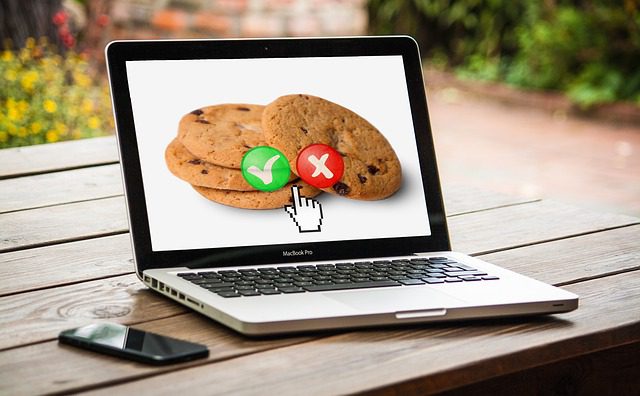In 2022, Google will eliminate third-party cookies from its Chrome browser. Something which Safari and Firefox have already done. But what does this mean for marketers?
Third-party cookies have been key drivers of the advertising economy for the past two decades. At Tanzlite, we have benefited from a wealth of user information from people visiting our websites and used such information to create personalized content and ads —thanks to cookies.
But with cookies gone, what will be the alternative for the advertising industry?
One thing is clear, that advertising as we know it will change. It will be difficult to personalize ads and retarget users as we used to.
But What Are Cookies?
Cookies are tiny files that are downloaded to your computer or phone when you visit a particular website. Their main purpose is to improve your experience with the website.
The two most important types of cookies;
- First-party cookies: These are stored by websites. They enable these websites to remember a user’s settings and they can significantly improve the user experience. These cookies will not be affected by the changes we are talking about.
- Third-party cookies: they are created and stored by external sites, and not by the site the user is visiting. They can track the user as they move across domains and retarget them with personalized messaging.
What is Driving These Changes?
As privacy concerns continue to rise in the online community, cookies have caught the attention of lawmakers and regulators. Businesses are now required to keep transparent data records.
According to a study by Pew Research Center,
72% of people feel that almost all of what they do online is being tracked by advertisers, technology firms, or other companies, and 81% say that the potential risks they face because of data collection outweigh the benefits.
Cookies have been enablers of various tracking techniques that have contributed to people losing trust in the online world. This has also led to an increase in Adblocker usage and a shift to privacy-focused browsers like Duck Duck Go.
What Will Happen Next?
Advertising existed and thrived for decades before data technology came into play. This realization gives a relief that marketers will find another way. There is no need to worry.
Besides, tech giants such as Google and Facebook (who rely on advertising revenue) will surely find an alternative.
Facebook for example benefits hugely from personalized ads (retargeting) that are backed by third-party cookies. Google, on the other hand, is already cooking out some privacy innovations that will be effective alternatives to tracking.






0 Comments